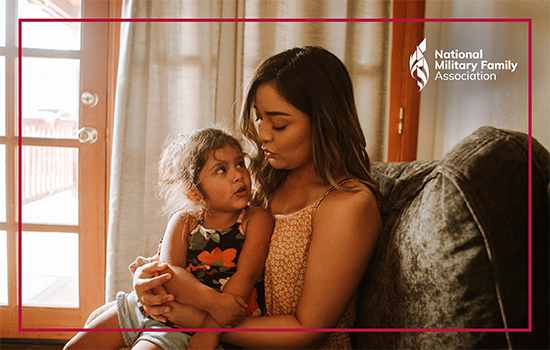Au Pair Program Meets Unique Child Care Needs for Military Families

We all know that child care is expensive and difficult to find—in both the civilian and military communities. For military families, who often need flexible care options to accommodate the demands of a service member’s job, finding appropriate, affordable child care can be especially difficult. For those families, the au pair program offers a great solution to help with their child care needs.
Au Pair Program Meets Unique Military Family Needs
Approximately 10% of au pair host families are military-connected. These families rely on the unique, 24-hour support au pairs provide to stay mission-ready. Moreover, families continually tell us that the cultural exchange their families experience in an au pair relationship fosters invaluable learning, understanding, and respect that promotes and establishes American allies worldwide. In military-connected au pair host families, au pairs learn about the American military experience and find a home with military families; military families develop personal relationships and cultural respect that informs how they see the rest of the world.
Everyone benefits.
There is no comparable, affordable care alternative to meet the needs of military life, and there’s no comparable, affordable cultural engagement opportunity, either. The au pair program strengthens more than just the military families it serves; it enables military families to learn about the world and its people through vitally important cultural exchange.
Bill Introduced to Strengthen Au Pair Program
NMFA thanks Representative Guy Reschenthaler, as well as cosponsors Representatives Darrell Issa and Maria Salazar, for introducing legislation to modernize and strengthen the federal Au Pair cultural exchange program. The Modernize the Au Pair Program of 2024 Act (“MAP Act”) will ensure national uniformity and clarity across all regulations imposed on the program while seeking to maintain affordability for participating host families, including a significant proportion of military and first responder families.
Read more about the MAP Act.




